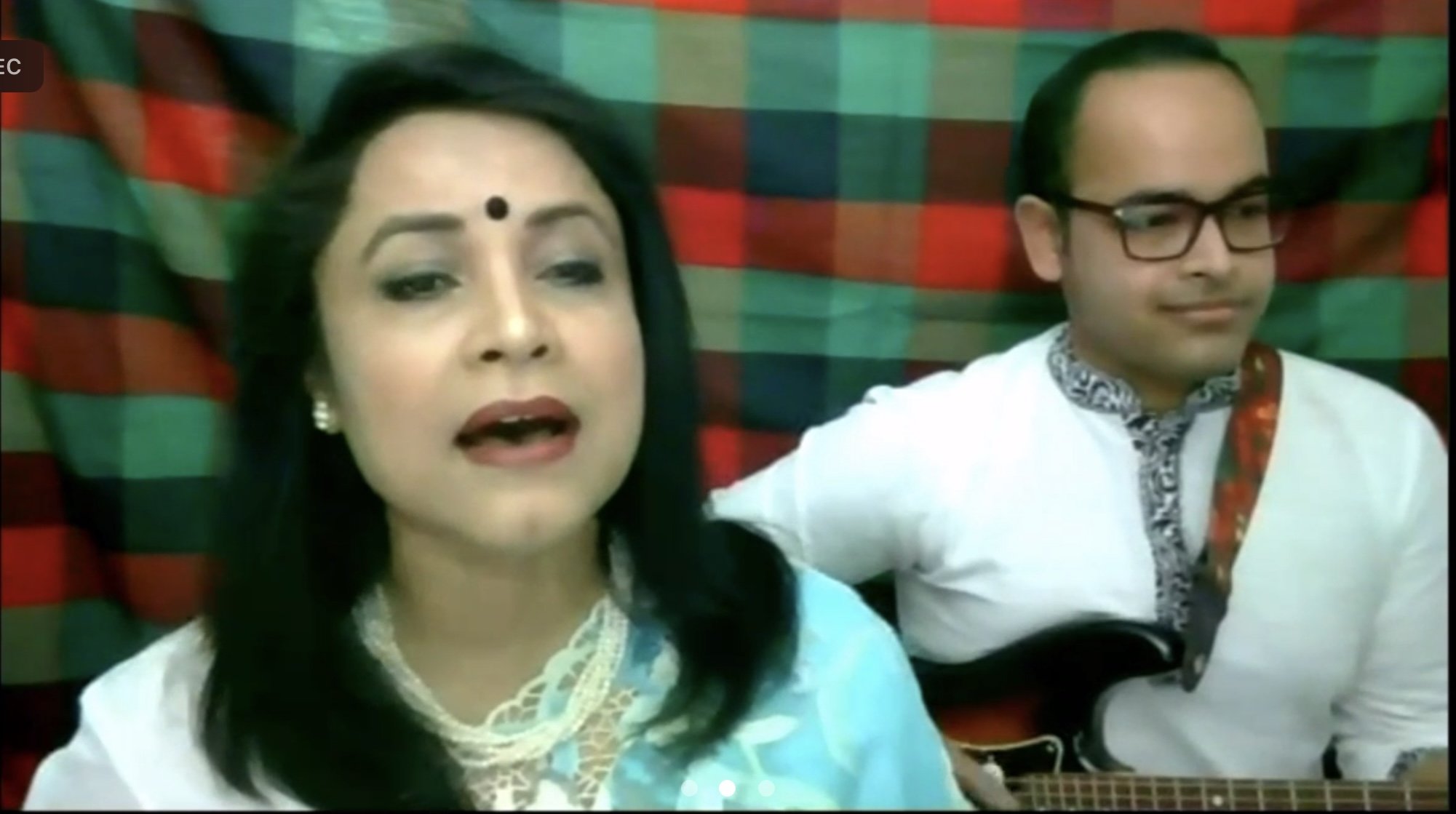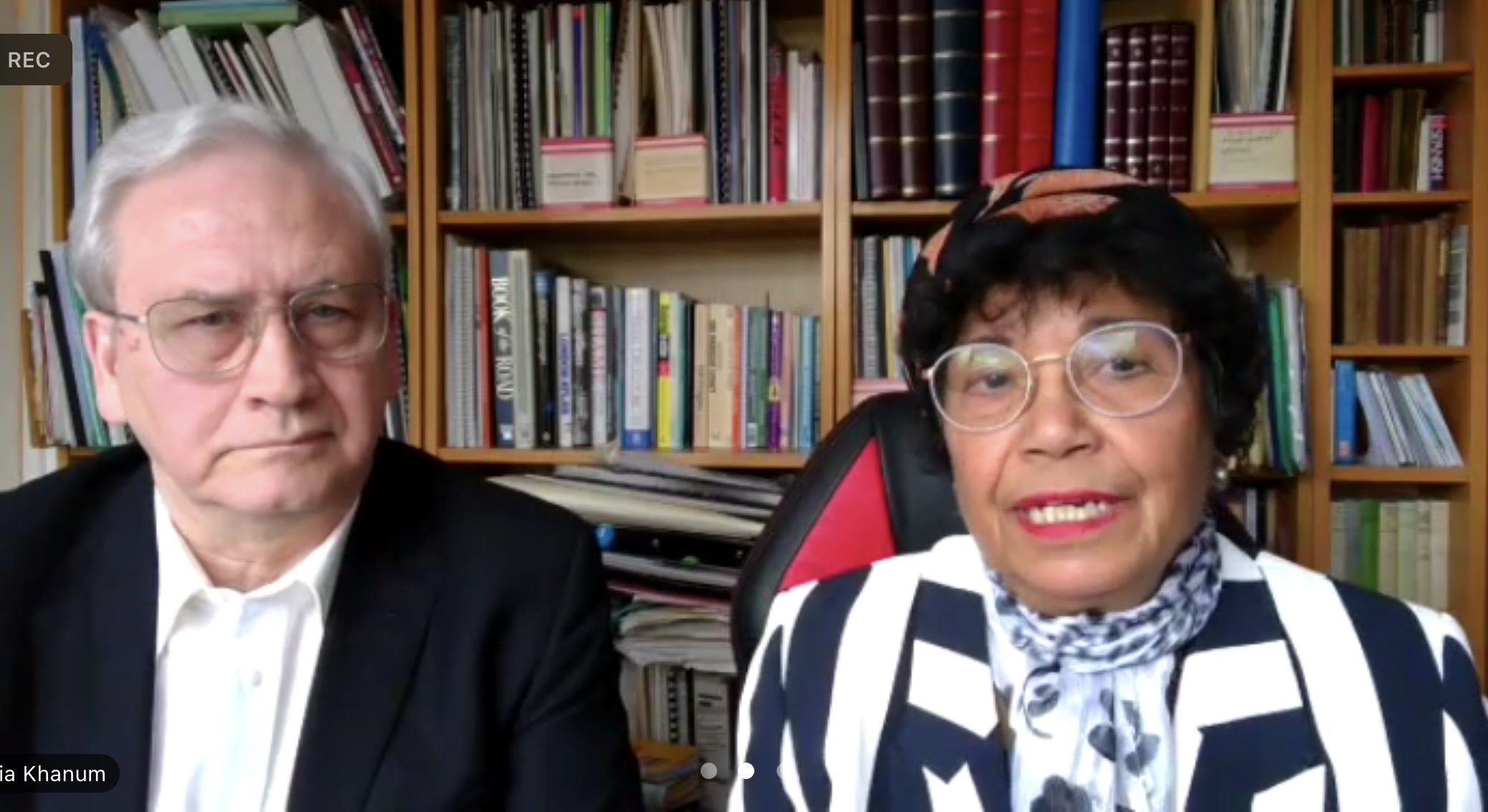International Mother Language Day (IMLD), first proclaimed by UNESCO and later adopted by the UN General Assembly, underscores the role of languages in promoting inclusion and achieving Sustainable Development Goals.
UN statement highlighted that multilingual and multicultural societies thrive through the preservation of their languages, which serve as conduits for traditional knowledge and cultural heritage. However, linguistic diversity faces increasing threats as more languages vanish.
Currently, 40% of the global population lacks access to education in their native language, a figure that exceeds 90% in certain regions.
The research underscores the benefits of using learners' native languages in education, fostering better learning outcomes, self-esteem, and critical thinking skills.
Although the actual UN international date is 21st February, based on the history of the Bengali language movement of the 1950s, the United Nations Association (UNA) Luton Branch and Purbachal-the eastern sky, a Bangladeshi voluntary cultural organisation, held an event on Sunday 25 February to celebrate International Mother Language Day.
Our focus for this year’s celebration included the UN theme which is “Multilingual education is a pillar of learning and intergenerational learning”, stated Dr. Nazia Khanum, OBE, Deputy Lieutenant and the Chair of UNA-Luton & Purbachal.
She added “We support this theme and celebrate mother-tongues to promote effective education for all, respect for cultural diversity and sustainable peace. We have been working on this for decades.”
There were talks, poetry recitations, songs and statements to unite people across communities. One song included fourteen different languages.
Several dignitaries spoke at the event including His Majesty's Lord Lieutenant of Bedfordshire Susan Lousada, The Worshipful the Mayor of Luton Mohammed Yaqub Hanif, the Mayor of Stevenage Myla Arceno, Luton Sixth Form College Principal Altaf Hussain, and Luton South MP Rachel Hopkins. Luton North MP Sarah Owen was unable to attend but she sent a message of support.
Quoting the UN statement, Dr Khanum said, “When languages fade, so does the world's rich tapestry of cultural diversity. Every two weeks a language disappears taking with it an entire cultural and intellectual heritage. At least 45% of the estimated 7000 languages spoken in the world are endangered.”
“Let’s hope that multilingual and multicultural societies will exist through their languages, and it will transmit and preserve traditional knowledge and cultures sustainably.”
Vocalist Dr. Rukhsana Safa (L) accompanied by Guitarist Dr. Sybghat Rahim (R) sang at Luton’s International Mother Language Day event, a Bengali song written by the Late Abdul Gaffar Chowdhury remembering the Bengali language martyrs of 1952.
As a host and the event organiser, Dr. Nazia Khanum, OBE, Deputy Lieutenant and the Chair of UNA-Luton & Purbachal.(R) giving a welcome speech at International Mother Language Day 2024 event in Luton


